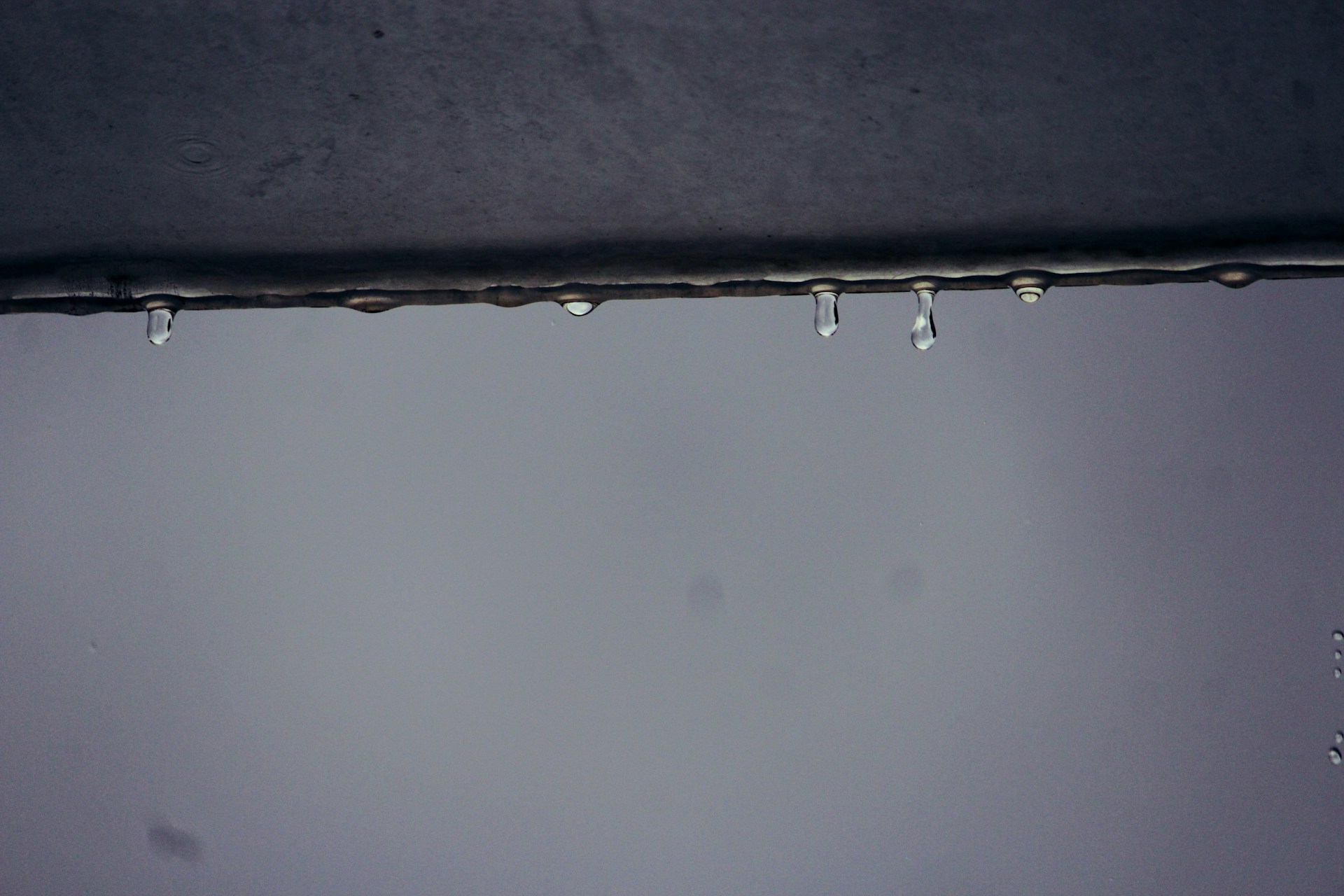Water leaking through your ceiling is an alarming problem no homeowner wants to face. This is because water leaks can lead to a range of health and structural issues when left unaddressed. Here’s what you need to do if you’re experiencing this issue.
The Causes of Ceiling Leakage
Ceiling leaks can stem from various sources inside and outside your home. Understanding the root cause is the first step in preventing further damage:
- Roof Damage: Roof damage is one of the most common reasons for water leaking through the ceiling. Over time, roofing materials such as shingles, tiles, and flashing can wear out or become displaced due to harsh weather, age, or poor installation.
- Plumbing Issues: Plumbing leaks are another frequent culprit, especially in multi-story homes. Leaks in pipes, especially those running through walls and ceilings, can cause water to pool and eventually break through the ceiling.
- Faulty Gutters: Clogged or damaged gutters can lead to water backing up and overflowing into your roof instead of directing it away from your home.
- HVAC System Malfunctions: Condensation from air conditioners or other HVAC systems can build up and leak through the ceiling if the drainage pipes are blocked or the drip pan is full.
- Improper Sealing Around Fixtures: If you have skylights, chimneys, or vents, any gaps or cracks around these fixtures can become entry points for water.
The Risk of Water Damage
Water leaking through your ceiling is not just an inconvenience — it poses significant risks to your home’s structural integrity and your health. Water weakens the structural elements of your home. Prolonged exposure to moisture can warp wooden beams, cause drywall to collapse, and compromise the stability of floors, walls, and ceilings.
Another serious consequence of water damage is the risk of mold growth. Moist environments provide the perfect breeding ground for mold, which can begin to grow within 24 to 48 hours after water exposure. Mold can spread throughout your home, causing unsightly stains, unpleasant odors, and respiratory issues.
A ceiling leak that reaches electrical wiring, outlets, or light fixtures can also cause short circuits or even start a fire. If you suspect that water has come into contact with your electrical system, it’s crucial to shut off the power in the affected area immediately and consult a professional.
What You Can Do
If you notice water leaking through your ceiling, it’s critical to take quick, decisive actions to minimize damage. Here are some immediate steps you must take:
- Contain the Leak: Place buckets, pans, or towels under the leak to catch the water and prevent further damage to your flooring.
- Turn Off Water and Electricity: If a plumbing issue causes the leak, shut off your water supply to prevent more water from entering the system. In the case of potential electrical exposure, turn off the power in the affected area to avoid the risk of electrocution or electrical fires.
- Locate the Source: Knowing where the water comes from will help determine whether you can fix the issue yourself or need professional assistance.
When To Call a Professional
While small leaks may seem like a DIY project, water leaking through your ceiling often signifies a larger underlying issue that requires professional attention. It’s crucial to contact a professional in the following situations:
- The source of the leak is not obvious.
- The leak persists after temporary fixes.
- There is extensive water damage or mold growth.
- The leak involves your plumbing, roofing, or electrical systems.
A professional water damage remediation contractor can assess the situation, identify the root cause, and provide solutions that fix the current problem and prevent future leaks.
Treat Water Damage Right Away
Don’t delay when it comes to addressing water damage. Prompt action can save you from more extensive — and expensive — repairs. Water damage doesn’t just go away on its own, and ignoring it can lead to long-term issues that affect your home’s safety, health, and value.
At Speed Clean, we specialize in water damage restoration services and can help you deal with leaks, flooding, and all types of water-related issues. If you’re dealing with water leaking through your ceiling in Clinton Township, the Detroit Metro, or surrounding areas, contact us today to schedule an inspection or receive emergency restoration services.




